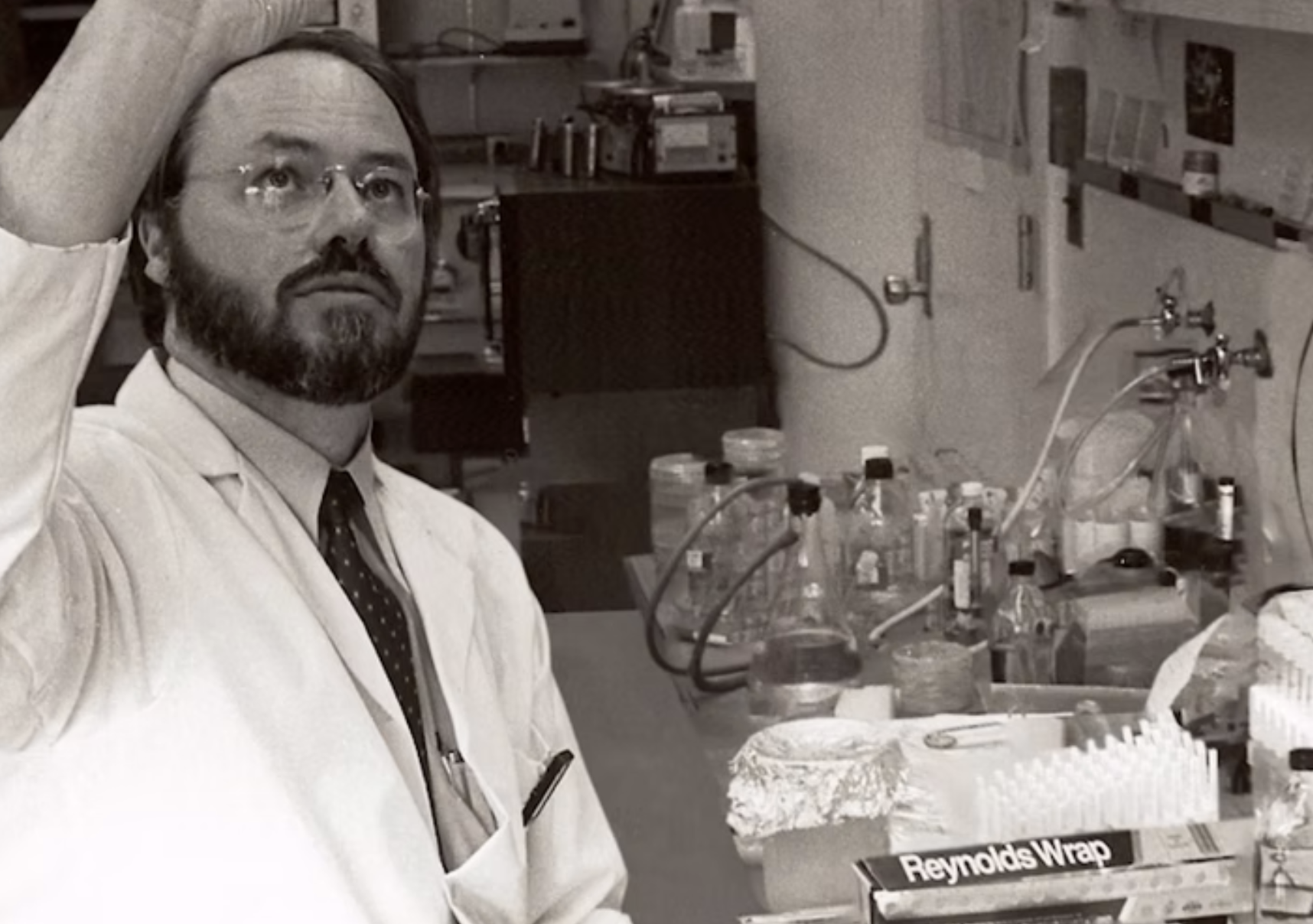What if the survival skills of science fiction’s most famous desert dwellers could unlock real-world solutions to our climate crisis? Due to the climate crisis, we face increasingly harsh growing conditions on Earth. Nonetheless, Dune’s fictional wisdom and cutting-edge biotechnology innovation point to a resilient future.
In Frank Herbert’s “Dune,” the desert planet Arrakis presents a masterclass in ecological adaptation. The Fremen’s water conservation technologies—most notably their moisture-retaining stillsuits—represent fictional solutions to extreme climate conditions. Meanwhile, their appreciation for nature and ecological knowledge forms the backbone of their culture and resistance.
Even though it is hard to imagine, this fictional world parallels our own growing reality, where climate-resilient agriculture has become essential. Researchers have pioneered CRISPR-edited wheat varieties that thrive in water-scarce conditions by modifying ABA receptor genes. In addition, a study demonstrated a 40% reduction in water requirements without yield penalties. Similarly, some work on plant-microbe interactions shows how specific soil microbiomes help crops withstand drought by facilitating more efficient nutrient uptake. Like the Fremen who adapted to Arrakis through both technology and cultural practices, our agricultural future requires both biological innovation and cultural shifts in how we value ecological knowledge.






